Entrepreneurs don’t fail from lack of effort—they fail from lack of clarity. This post introduces The Clarity Compass—a simple framework to align values, goals, and execution so you can cut through overwhelm and build with focus.
The Cost of Confusion
Entrepreneurs rarely struggle because they’re lazy. Most of the ones I know—including myself—work harder than anyone around them. The real problem is different: we drown in options, distractions, and competing demands.
When everything feels urgent, nothing feels clear. That’s when execution slows down. Teams spin in circles. We chase opportunities that look shiny in the moment but don’t actually move the business forward.
I’ve been there—burning energy on ten projects at once, convinced I was “building momentum.” In reality, I was just creating noise. What I lacked wasn’t discipline or drive—it was clarity.
Why Clarity Matters More Than Effort
Clarity is the hidden multiplier of execution. Without it, even massive effort produces mediocre results. With it, even small, focused actions compound into real progress.
Think of clarity as a filter:
It tells you what deserves your time and what doesn’t.
It makes delegation possible, because your team finally understands the “why.”
It reduces anxiety, because you know where you’re headed.
Effort without clarity is chaos. Effort with clarity is execution.
The Clarity Compass
Over time, I built a simple framework to avoid falling into overwhelm. I call it the Clarity Compass—a three-step filter for every decision.
Values → What matters most to you? Not to investors, friends, or the market—you. Your non-negotiables.
Goals → What are you trying to achieve, specifically? Big enough to inspire, clear enough to measure.
Execution → What are the 1–3 actions today that move you closer to those goals while honoring your values?
It’s simple, but simplicity is the point. Complexity creates overwhelm. Clarity creates action.
Story: How Values Reset My Business
A few years ago, I was in negotiations for a project that looked profitable on paper. Everyone around me said it was a no-brainer. But when I paused to run it through the Clarity Compass, something stood out:
Values: Freedom and family time were at the top of my list.
Goal: Build recurring, scalable revenue streams.
Execution: Focus energy on assets I could control long-term.
This project, while profitable, would have tied me to a partner I didn’t trust and forced me into an operational grind that violated those values. On paper it was a win. In reality it was a trap.
Walking away from that deal was one of the best decisions I’ve made. The Compass didn’t just save me stress—it preserved alignment.
The Entrepreneur’s Mental Bandwidth Problem
Clarity doesn’t just make execution easier—it frees up mental bandwidth.
As entrepreneurs, we’re constantly solving problems: cash flow, people, strategy, operations. Without clarity, every problem feels equally urgent, which means we end up exhausted by decisions that don’t even matter.
With the Clarity Compass, you can filter instantly: Does this align with my values? Does it drive my goals? If not, it’s noise.
The result? More focus, less mental clutter, and energy reserved for what truly matters.
Practical Ways to Apply the Clarity Compass
Weekly Planning: Every Sunday night, write your top 3 values, 3 goals, and 3 actions for the week. Keep it visible.
Daily Filter: Before starting work, ask: Which tasks today honor my values and move my goals forward? If something doesn’t fit, delegate or delete it.
Opportunity Decisions: Run every new deal or idea through the Compass before saying yes. If it fails at the values level, don’t even consider it.
Why Most Entrepreneurs Avoid This
Ironically, many founders resist frameworks like this because they feel “too simple.” We prefer complex tools, elaborate planning sessions, and dashboards filled with KPIs.
But clarity isn’t about more complexity—it’s about stripping away the unnecessary. The hardest thing isn’t doing more; it’s saying no with conviction.
A Different Kind of Discipline
Discipline is usually defined as working harder. I define it differently: discipline is the ability to stay aligned with your values and goals even when distractions look attractive.
The Clarity Compass gives you that discipline. It forces you to define what matters and measure everything else against it.
Closing Thought
Entrepreneurship will always be chaotic. The question isn’t whether you can eliminate chaos—it’s whether you can navigate it with clarity.
When you build from your values, define clear goals, and act with focus, you stop chasing everything and start building something meaningful.
The Clarity Compass isn’t about slowing down. It’s about removing noise so your execution compounds. Because in the end, entrepreneurs don’t fail from lack of effort—they fail from lack of clarity.
